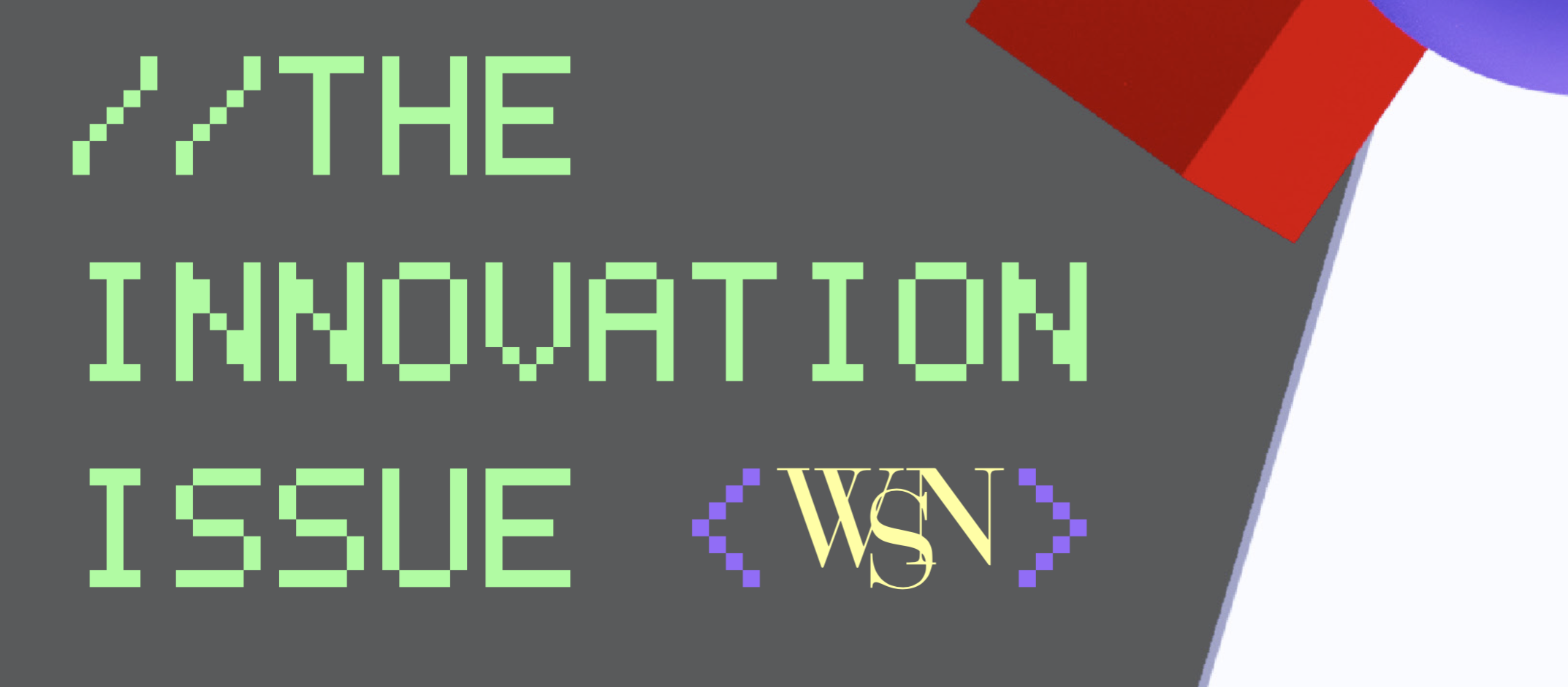What Makes the MakerSpace
March 20, 2017
Ideas become inventions at the Tandon School of Engineering’s MakerSpace — a collaborative learning lab with the high-tech tools needed to let an engineer’s imagination roam. The MakerSpace, which is open to all NYU students and faculty, is on the ground floor of Rogers Hall and functions as a jungle gym for seasoned engineers and budding techies alike, no experience necessary.
The MakerSpace staff leads helpful tutorials and is knowledgeable about all the different gadgets in the space: three-dimensional printers, laser cutters and other fun, engineering contraptions.
The MakerSpace also functions as a versatile event space — it is frequently the site of guest panels, workshops and hackathons. Most notably, the MakerSpace hosted fashion innovator Rebecca Minkoff in October as part of a daylong workshop to inspire women in STEM.
Tandon junior Magdalena Sawicka, a member of the student staff at MakerSpace, gave Washington Square News a tour and explained some of the initiatives that MakerSpace cultivates.
Washington Square News: Could you tell us a bit about the MakerSpace?
Magdalena Sawicka: The MakerSpace opened up in August 2016, and it’s a place for prototyping — it’s where students come and work on their ideas. We try to accommodate every engineering major in the space, and students can come to the MakerSpace and feel like the things they’ve learned in school are things that will be applicable to them and can be tinkered on in this space.
WSN: What are the different areas of the space? What can students do here?
MS: For the most part, you could come in and get training on anything that’s here. We have different types of three-dimensional printers, laser cutters, soldering machines and programs, which aid students in creating their own circuit boards. We have different electrical stations where students can use an abundance of electrical and mechanical supplies, including sewing machines and three-dimensional scanners. We have a space downstairs that’s mostly for graduate and Ph.D. students, which includes a material scanning machine, a shaker machine and a machine shop, which is operated by the machinist.
WSN: What innovations have people collaborated on in the MakerSpace?
MS: Since opening, we’ve seen a huge rise of student projects — I’m a firm believer that it is because of the MakerSpace. Whether it’s on the three-dimensional printers or the laser cutters, there’s always something being made here every day. We had a Maker Fair in December, and one of the projects, the “Food Computer,” is on display here. Also, the Hyperloop club and the SAE Baja club both use the space in order to prototype and work on whatever they need to work on. Of course, there are the other, smaller student projects that students constantly come in to work on.
WSN: Could you tell us about some of the events that happen in the MakerSpace?
MS: There are a lot of events for women in STEM. My favorite presentation was given by a woman who works on prototyping at Coach. She was very inspiring, because as a woman who goes to a mechanical engineering school, I know that there is definitely still a lot of sexism in the engineering industry. I don’t know how to best explain this, but when she came here it gave me the reminder that I can do whatever I want with my degree — I could apply it to fashion or to aerospace. Her presentation is something that stuck with me and probably still will stick with me until I’m well-off in my career.
WSN: What advice do you have for students interested in getting involved with the MakerSpace?
MS: My advice would be not to limit yourself. A lot of the time, when I’m thinking about different projects — I’ve come up with so many different projects at this point — I’ll say I don’t have that skill or I don’t know how to do that. But you’re surrounded by equipment, people, resources and really anything is within your reach at MakerSpace. You could easily learn a new skill and make that dream project a reality.
WSN: Why is there a need for the MakerSpace?
MS: In an engineering discipline, a lot of the time we feel that we don’t get enough hands-on experience, and this is just that extra step that we can take to get rid of that problem. When we were the Polytechnic Institution of Brooklyn, our motto was i^2e: invention, innovation and entrepreneurship. There is a huge entrepreneurial spirit that walks the hallways of this school, and that’s really what the MakerSpace is for — putting our skills and spirit to good use — to create.
Email Miranda Levingston at [email protected].

